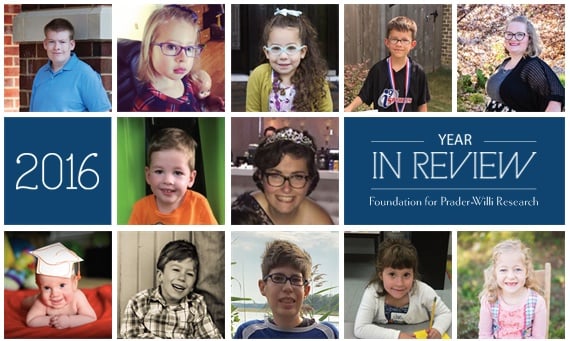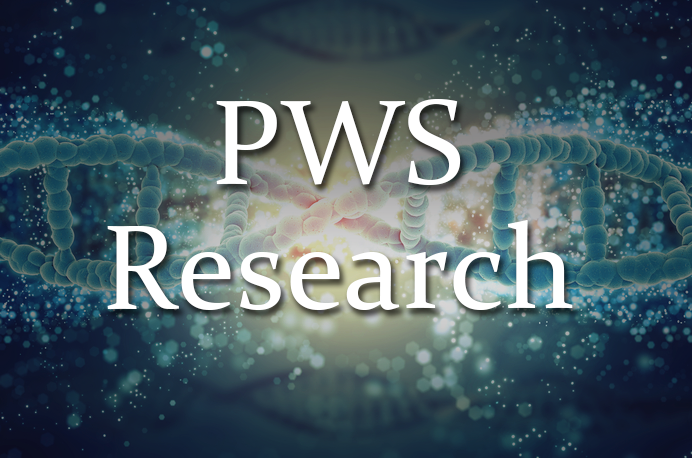Topics: Research
FPWR community, 2016 was yet another remarkable year for Prader-Willi research! Our supporters have allowed FPWR to fund more research than ever before, taking us closer to treatments for our loved ones with Prader-Willi syndrome. Read below for a fe...
Over the past 3 years we have seen a number of new companies investing in Prader-Willi Syndrome. This is in part because of PWS's orphan indication and the significant unmet medical need, but is also reflective of the steps we have taken as a communi...
Topics: Research
Over the past 3 years we have seen a number of new companies investing in Prader-Willi Syndrome. This is in part becuase of PWS's orphan indication and the significant unmet medical need, but is also reflective of the steps we have taken as a communi...
Topics: Research
A special contribution by guest blogger Karina O'brien How has your child exceeded your expectations? When we received Noel's diagnosis, we were told he wouldn't be walking before his 5th birthday and would be NG fed until the age of 2. Noel is almos...
Topics: Stories of Hope
Columbia University Medical Center (CUMC) researchers have discovered that a deficiency of the enzyme prohormone covertase (PC1) in the brain may be linked to most of the neuro-hormonal abnormalities in Prader-Willi syndrome (PWS), a genetic conditio...
Topics: Research
A special contribution by guest blogger Chelsea Balumas How has your child exceeded your expectations? Sienna is so strong. She is such a fighter, and she just keeps surprising us with her strides in her development. She was our first child so we don...
Topics: Stories of Hope
On December 14, FPWR gave its quarterly webinar reporting on our PWS grants, and on recent research discoveries. In the webinar, which you can watch below, I recapped a recent meeting at the FDA, shared information on the new grants we've funded, and...
Topics: Research
We know that mental health is a critical part of quality of life for all individuals with PWS, and something every family wants to improve for their loved one with PWS. Two exciting projects below offer opportunities to contribute to PWS mental welll...
Topics: Research
A special contribution by guest blogger Jeanne Huffman Jeanne shared her story via our Stories of Hope questionnaire.
Topics: Stories of Hope











